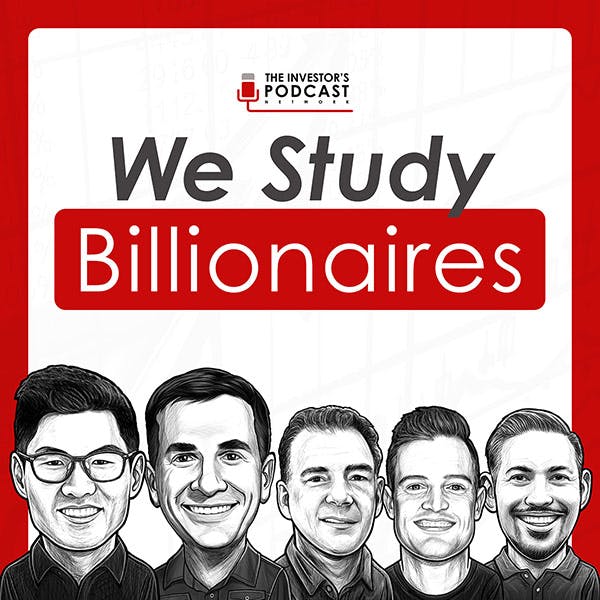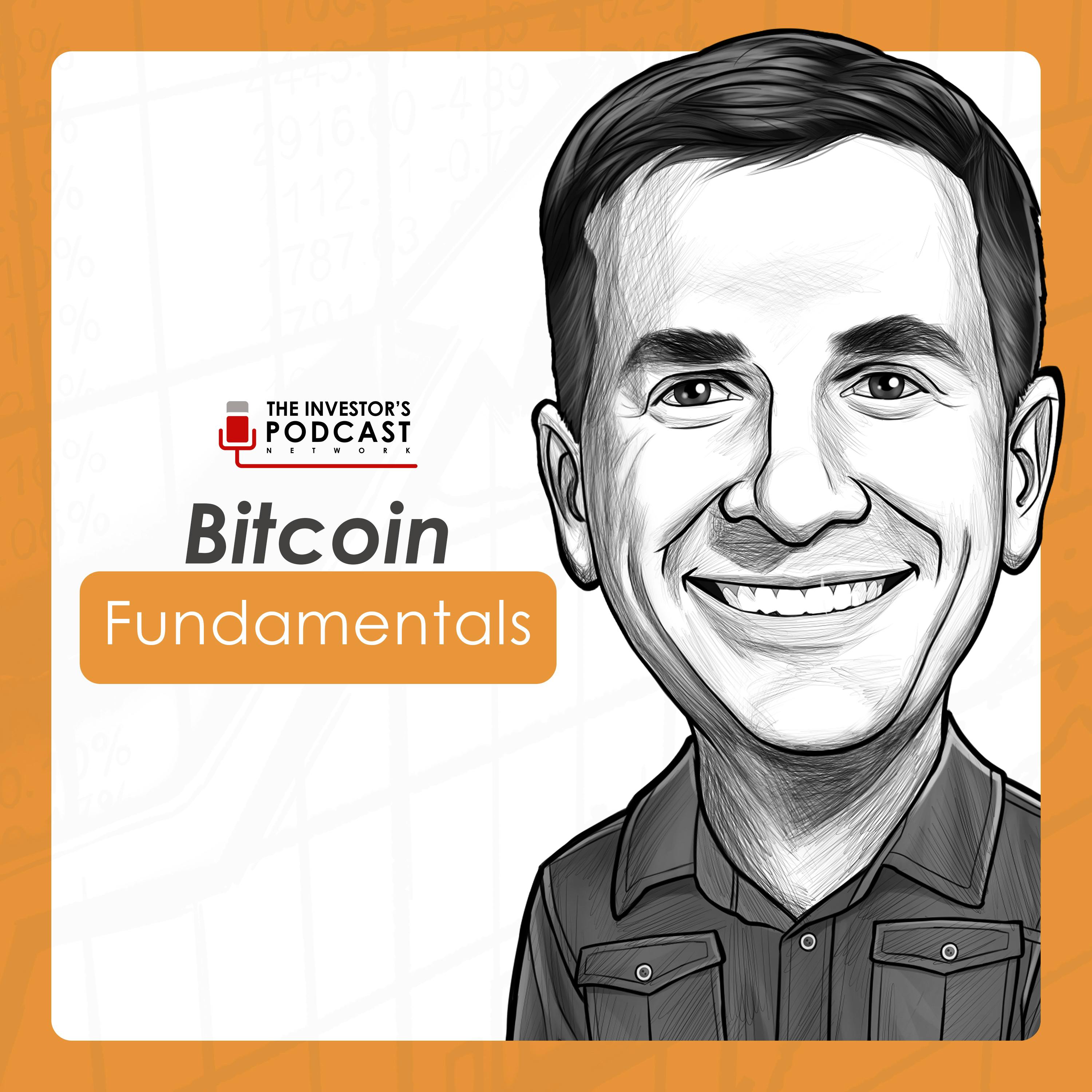
October 6, 2024 • 1hr 23min
TIP666: Compounding Beyond Wealth: Unlocking Life’s Hidden Potential w/ Clay Finck & Kyle Grieve
We Study Billionaires - The Investor’s Podcast Network

Key Takeaways
- Compounding applies to many areas beyond just wealth - it can be found in relationships, knowledge, health, and more
- Self-education after formal schooling is critical for continued growth and success
- Humility is an essential trait for investors to recognize their limitations and continue learning
- Living according to an "inner scorecard" of personal values, rather than external validation, leads to fulfillment
- High-quality businesses can be great long-term investments even when they appear expensive
- Corporate culture can be an important competitive advantage that compounds over time
- Flexible thinking and updating beliefs based on new information is crucial for investors
- Compounding applies to social relationships, knowledge, and health - not just financial capital
Introduction
In this episode, host Kyle Grieve and co-host Clay Finck discuss Clay's favorite investing book, "The Joys of Compounding" by Gautam Baid. They explore how the concept of compounding extends far beyond just financial returns and can be applied to many areas of life to create lasting value and fulfillment.
The hosts highlight how the book provides insights on becoming a better investor and person through continuous learning, maintaining humility, living according to personal values, and focusing on high-quality investments. They discuss key lessons from the book that can help listeners compound their wealth, relationships, wisdom, and health over time.
Topics Discussed
The Power of Self-Education and Lifelong Learning (3:07)
Clay emphasizes the importance of continuous self-education even after formal schooling ends. He notes that for many successful people, "the real learning isn't in a classroom" but comes after finishing school.
- Investing in yourself through reading and learning is one of the best investments you can make
- Warren Buffett spends most of his day reading and learning
- Charlie Munger committed to at least 1 hour of self-improvement each morning
- "Formal education will make you a living, but self-education will make you a fortune." - Jim Rohn
Valuable Thinking Tools for Better Decision Making (13:03)
Kyle discusses several thinking tools highlighted in the book that can help improve decision-making:
- First principles thinking - boiling things down to fundamental truths
- Thinking in "scientist mode" - favoring humility and curiosity over conviction
- The Feynman Technique - explaining concepts simply as if teaching a child
- Multidisciplinary thinking - using insights from various fields
The Importance of Humility in Investing (21:39)
Clay discusses how humility is crucial for investors to recognize their limitations and continue learning:
- The Dunning-Kruger effect shows that as you learn more, you realize how little you know
- Warren Buffett puts 99% of investment ideas in the "too hard" pile
- Humility helps investors appreciate the need to continuously learn
- "Understanding and accepting uncertainty is just essential to being a good investor." - Clay Finck
Living Life According to an Inner Scorecard (29:05)
The hosts explore Warren Buffett's concept of living according to an "inner scorecard" of personal values rather than seeking external validation:
- Buffett learned this from his father and has lived by his own values throughout his life
- This allowed Buffett to stick to his investment philosophy even when criticized
- Living by an inner scorecard leads to more fulfillment than chasing external validation
- "We derive true joy from our achievements only when we feel we truly deserve it." - Adam Smith
Investing in High-Quality Businesses (43:25)
Clay discusses how the book changed his perspective on investing in high-quality businesses:
- Many great long-term investments appeared expensive based on traditional metrics
- What matters most is buying below intrinsic value, not just a low P/E ratio
- The market tends to underappreciate companies with durable competitive advantages
- Focusing on business quality is beneficial for long-term investors
The Importance of Corporate Culture (52:12)
The hosts explore how a strong corporate culture can be a key competitive advantage:
- Culture empowers employees to consistently outperform competitors in small ways
- These small advantages compound into larger ones over time
- Qualitative factors like culture are often less efficiently priced by the market
- "Qualitative analysis is more important than quantitative analysis because quantitative data is often a lagging indicator." - Gautam Baid
Updating Beliefs and Using Base Rates (1:02:16)
Kyle discusses the importance of flexible thinking and updating beliefs based on new information:
- Using base rates from historical data can help inform investment decisions
- Analyzing your own past investment results can provide valuable insights
- Regularly updating decision trees as new information emerges
- Overcoming biases to remain open to being wrong
Compounding Beyond Financial Capital (1:05:45)
The hosts explore how compounding applies to areas beyond just wealth:
- Social capital - investing in relationships compounds over time
- Intellectual capital - continuous learning leads to compounding knowledge
- Health - small positive habits compound into significant health benefits
- Positive thoughts - maintaining an optimistic outlook compounds over time
Conclusion
Clay and Kyle emphasize that "The Joys of Compounding" provides valuable insights that extend far beyond just financial investing. The book highlights how the power of compounding can be applied to relationships, knowledge, health, and personal growth.
Key lessons include the importance of continuous learning, maintaining humility, living according to personal values, and focusing on high-quality investments. By applying these principles, listeners can work to compound various forms of capital in their lives - financial, social, intellectual, and health.
The hosts encourage listeners to read the book to gain a deeper understanding of how compounding can help them achieve their goals and live more fulfilling lives. They emphasize that by focusing on what truly matters and pursuing dreams with dedication and principle, the power of compounding can help people become "happier, healthier, better, wealthier, smarter, and more honorable" over time.









